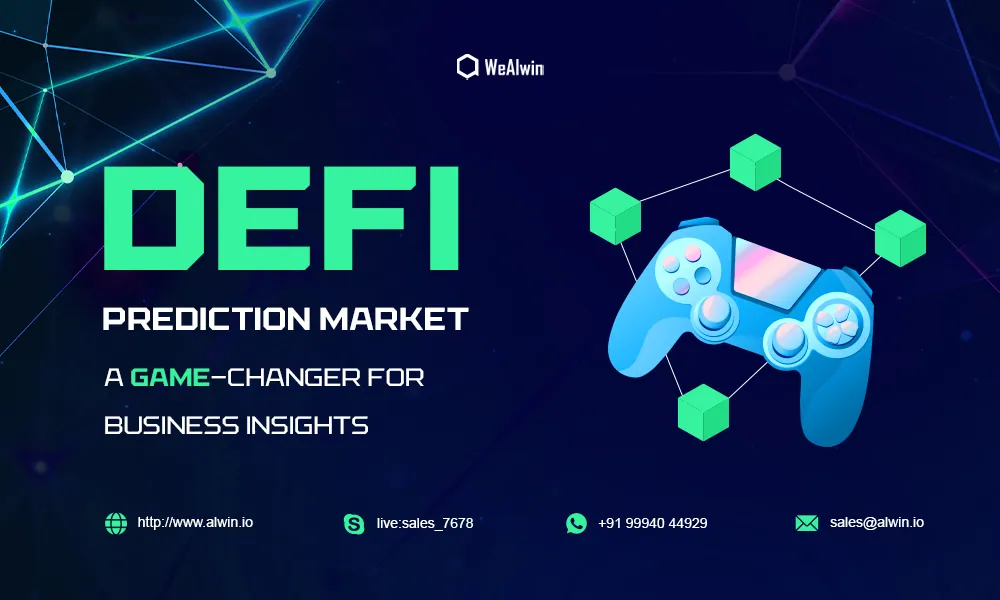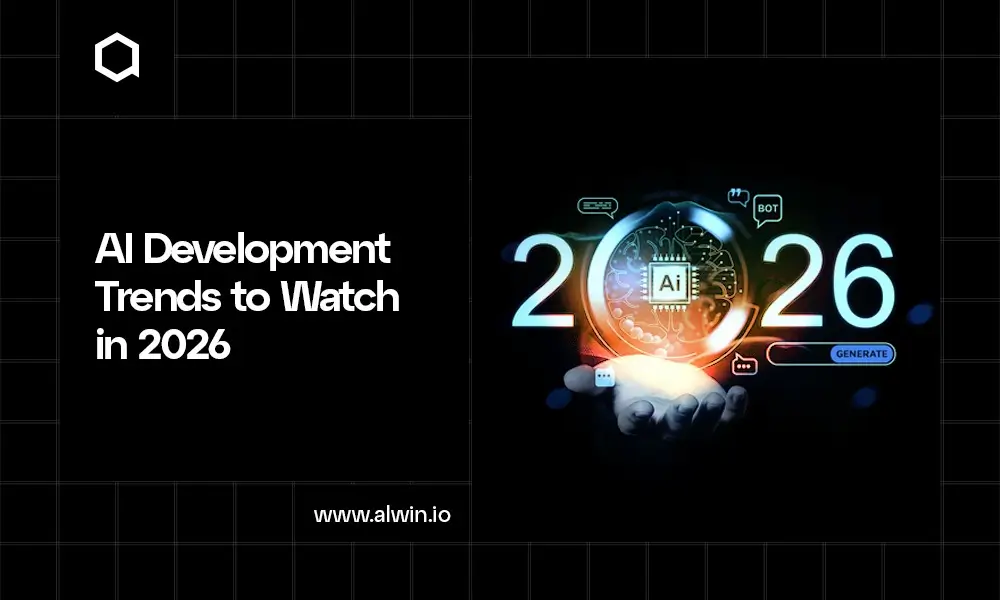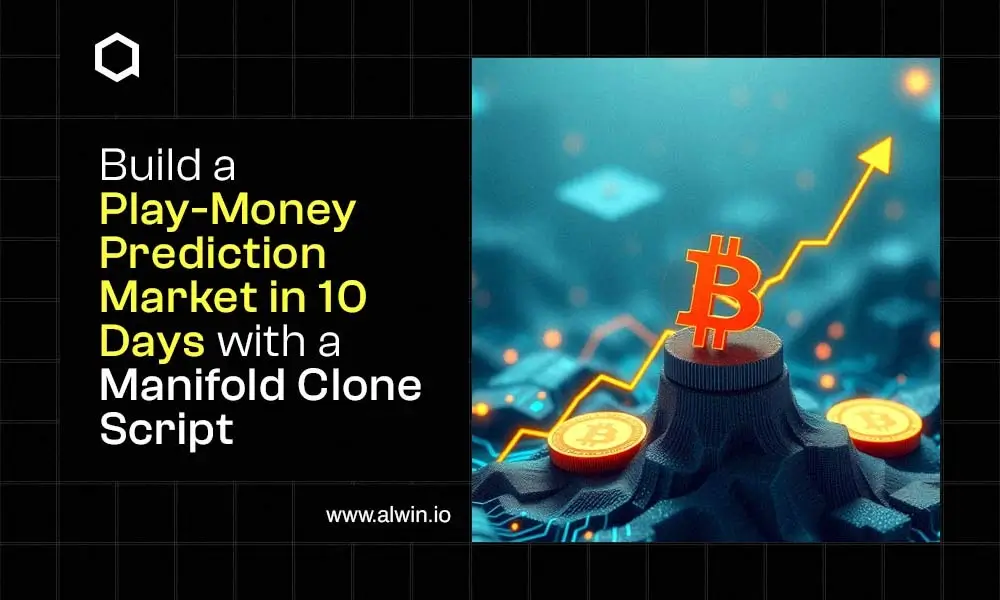Alwin 2.0
Services
- AI
- Blockchain
- Cryptocurrency
- Trading Bot
- Game
- Web3
- Token/ICO/STO
- DeFi
- Wallet
- NFT
- Metaverse
AI
- AI Development
- Generative AI Development
- AI Game Development
- AI Token Development
- Adaptive AI Development
- Agentic AI Development
Blockchain
- Blockchain Development
- POS Blockchain Development
- POA In Blockchain Development
- Smart Contract Development
- POW In Blockchain Development
- TON Blockchain Development
- Hyperledger Blockchain Development
Cryptocurrency
- Cryptocurrency Exchange Development
- Centralized Crypto Exchange Development
- Decentralized Exchange Development
- OTC Crypto Exchange Development
- P2P Crypto Exchange Development
- Crypto Payment Gateway Development
Trading Bot
- Crypto Trading Bot Development
- Arbitrage Trading Bot Development
- Grid Trading Bot Development
- Market Making Bot Development
- DCA Bot Development
Game
- Game Development
- GameFi Development
- Blockchain Game Development
- Video Game Development
- NFT Game Development
- Mobile Game Development
- Unity 3D Game Development
- Crypto Casino Game Development
- BC.Game Like Crypto Casino
- Bingo Game Development
- Card Game Development
- Tap to Earn Game Development
- Unreal Engine Game Development
- Metaverse Casino Game Development
- VR Game Development
- NFT Lottery App Development
- Play To Earn Game Development
- Game Studio Development
Web3
Token/ICO/STO
- ICO Development
- STO Development
- IDO Development
- Token Development
- ERC20 Token Development
- TRC20 Token Development
- BEP20 Token Development
- NFT Token Development
- TRON Token Development
- DeFi Token Development
- Metaverse Token Development
- Ethereum Token Development
- Asset Tokenization Development
- Solana Token Development
DeFi
- Decentralized Finance (Defi) Development
- DeFi Wallet Development
- DeFi DEX Aggregator Development
- DeFi Smart Contract Development
- DeFi Exchange Development Company
- DeFi Yield Farming Development
- DeFi Staking development
- DeFi Lending Development
Wallet
- Cryptocurrency Wallet Development
- DeFi Wallet Development
- Web3 Wallet Development
- Non-Custodial Wallet Development
- Trust Wallet like Crypto Wallet Development
- MetaMask Like Crypto Wallet Development
NFT
- NFT Marketplace Development
- Fractional NFT Marketplace Development
- Cross Chain NFT Marketplace Development
- NFT Sports Marketplace Development
- NFT Smart Contract Development
- NFT Staking Platform Development
- NFT Minting Platform Development
- NFT Launchpad Development
Metaverse
Company



